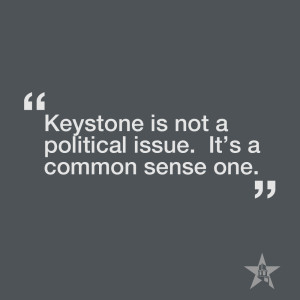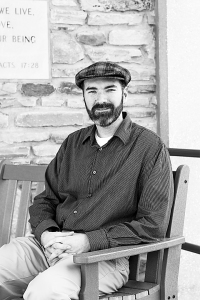By Issac Mann
Everyone in the conference center at COP27 (the 2022 United Nations Climate Change Conference) was looking for something. Some were looking for new partners or to expand their networks, while others were looking for investment opportunities or policy commitments. But I was looking for something less concrete: hope.
My search was shared by many in my group as well. I traveled to Sharm El-Sheik, Egypt, with the Christian Climate Observers Program (CCOP), a non-denominational group committed to teaching Christians to be better climate advocates. This organization brought together Christians of all ages from around the world, and many of the young people in the group shared a common struggle with climate anxiety. It was the fear of what the future would hold if no action was taken against climate change that motivated us, myself included, to come to this conference. For others in the group, anxiety had already passed into grief. Family members lost to flooding, communities lost to wildfire, or livelihoods lost to financial burden were the driving factors behind their activism. We sought hope of some kind, proof that God was working in the midst of the chaos around us. And so, our anxious and mourning souls went into the massive conference center, longing for a reason to hold onto hope.
My first activity at COP27 was to listen to the opening speeches. I sat giddy with excitement in a large overflow room filled with others not granted in-person access to the main event. We watched on big screens as prominent world leaders gave their opening remarks. Given the overwhelming scope of climate change, I had gone into the conference expecting to find hope in these largest and most powerful bodies, so I listened intently to what they had to say. If the world’s governments couldn’t solve climate change, who could? I thought. But as I listened, my excitement and hope plummeted. I realized that I had developed a strange sort of climate Stockholm Syndrome.
Stockholm Syndrome is a condition that some people fall into during hostage scenarios. In a distorted understanding of their situation, the captives start to develop a bond and sympathize with their captors. And I had fallen into this state of mind. The climate is being held captive by private economic interests and political systems that value profit and growth more than the well-being of those held dear by God. And yet, I had placed my hope in these very systems. I thought they were well-intentioned, that if we had the right people in power, saying the right things, meaningful change would come. It was with this twisted hope that I sat in that room.
As world leader after world leader rambled on about “unity,” “urgency,” and “taking action,” I became increasingly disillusioned. My skewed view of where hope would be found was made obvious to me as I realized I was being told how important reducing carbon emissions was by oil barons. I was listening to military dictators tell me how much they cared about justice. Even those from my own country, the United States, bragged about our new partnerships with billionaires and private corporations (the leading contributors to carbon emissions) to fund new environmental programs. It was these systems and leaders that I was sympathetic to, that I looked to for salvation, and yet they were the very ones holding our planet and future for ransom.
I spent those first few days discouraged. I realized my hope had been misplaced and tried to dismantle my climate Stockholm Syndrome, but I didn’t know where else to turn for hope. I asked myself again, ‘If the world’s governments couldn’t solve climate change, who could?’
I did eventually find hope at COP27, just not where I had thought I would. In hindsight, I should have expected it. Our hope is in God, that much should be obvious to Christians, but where God would be found was what I needed to answer. God has never been revealed in the most powerful among us, in the wealthiest or most privileged. God did not appear to Elijah in 1 Kings 19 in the strong wind, or the fiery earthquake, but rather in the gentle whisper. God did not come to Earth in the form of a Caesar or military leader, but rather as a carpenter from Nazareth. So, I should’ve expected that God would not be revealed to me in Egyptian President Sisi, or in Joe Biden.
Every morning, my CCOP group started the day with breakfast and a devotional. Together, we would rejoice the successes and commiserate the frustrations of the previous day. At every panel discussion or lecture I attended, I sat shoulder to shoulder with others who cared for the right reasons, who cared enough to travel to the middle of the Egyptian desert, who cared enough to listen and learn in any way possible. Conversations were had, connections were made, and I realized that I was surrounded by thousands of regular people who cared deeply about the protection of our planet and its inhabitants. It was in these people that I found God, that I found the hope I was looking for.
It’s clear that we need to overcome our reliance and trust in those systems that are holding our planet and future hostage. To make it through the changing of our climate, we need serious systemic change. But what COP27 taught me is that this change will never come from the top down. Our hope will not be found in the economic powers and world leaders that preside. Our hope is where God is, with the marginalized, the disenfranchised, the mourning, the anxious, the masses who are calling out for a more just world. We are each other’s hope, and only together will we be able to accomplish the change we need. ★



